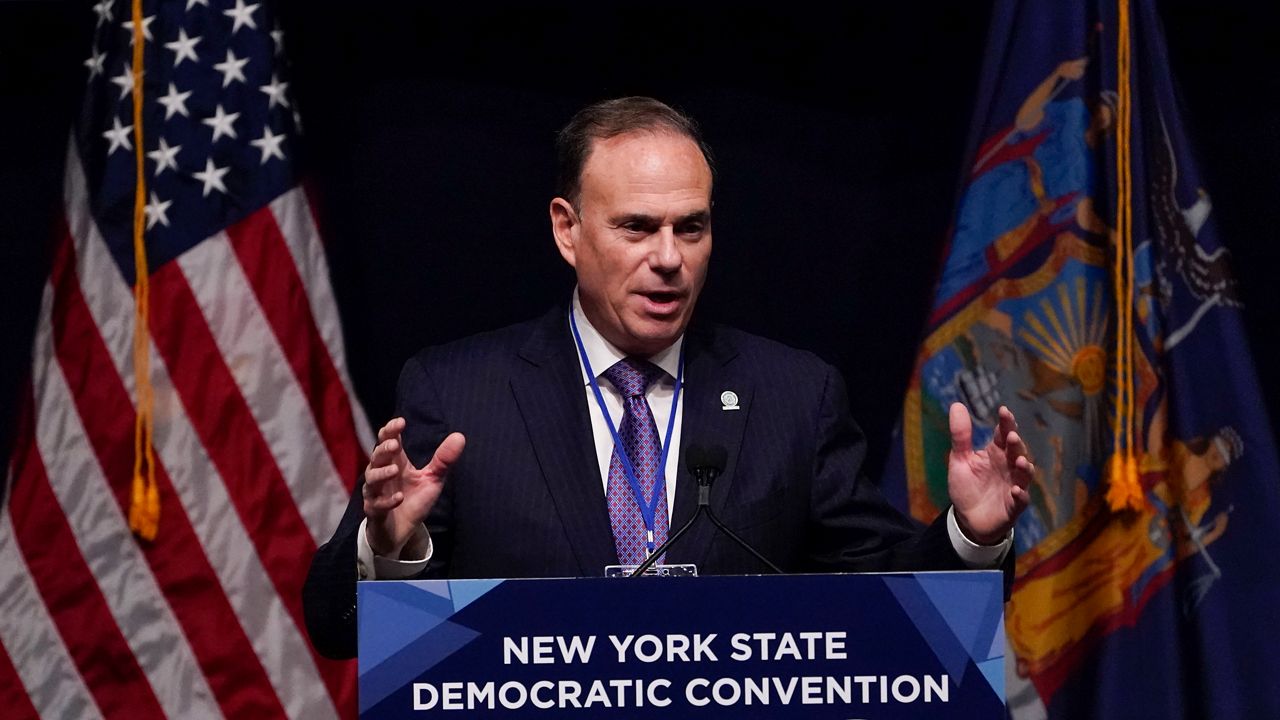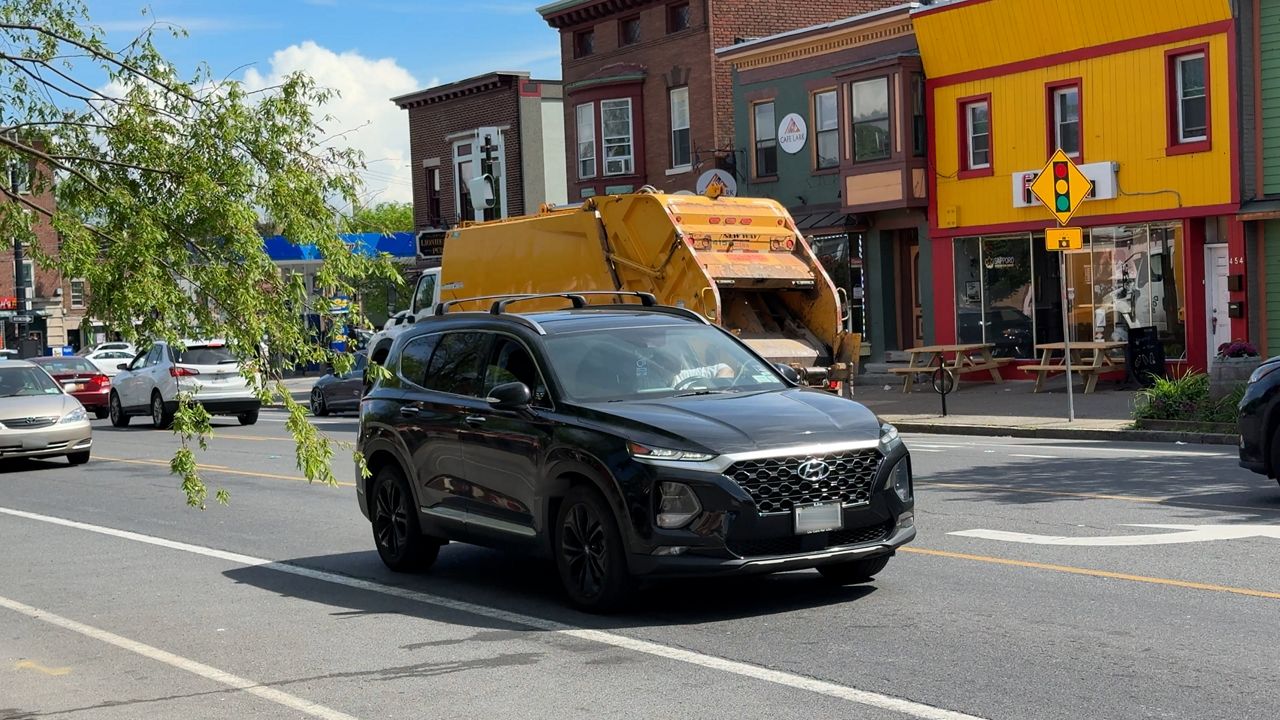U.S. Customs Border and Protections encountered a record more than 2.5 million migrants at the southern border last year, according to the Migration Policy Institute. And as the new folks resettle in communities across the country, local officials such as police officers are forced to take their needs and wide-ranging cultures into account.
The Police Executive Research Firm, or PERF, has been looking into various immigration issues from a law enforcement's perspective for several years. Several New York agencies participated in its latest report, called How Law Enforcement Can Better Engage Immigrant Communities.
Law enforcement officials say the relationship between police and the communities they protect often plays a large role in public safety. But according to the report, immigrants don’t always report crimes or participate in investigations.
PERF members were sent a survey and 21% of respondents cited overcoming fear and distrust as their biggest challenge in working with immigrant populations. The report notes most of the individuals come to the U.S. with a negative connotation of law enforcement and in some communities, are faced with anti-immigrant policies.
The Capital City received hundreds of asylum seekers last year, but there was a lack of coordination, according to the Albany Police Department, which led to little preparation time and, therefore, a gap in services.
Albany police also highlighted the lack of translation services and culture competency training, complicating any hope of building a strong relationship with new arrivals.
The department declined Spectrum News 1’s request for an interview.
“With community safety, it is critically important, regardless of your immigration status, that you feel safe enough to go to law enforcement. And sometimes, it’s difficult to do so when your life may be on the line if, by chance, the law enforcement officer you’re speaking to, or the agency you’re speaking with, is going to call immigration enforcement on you,” explained New York Immigration Coalition President and CEO Murad Awawdeh.
The report touched on several initiatives agencies are implementing to better engage immigrant communities. This includes refugee liaisons, expanding cultural awareness training and hiring immigrant and refugee officers.
“I think as long as the system remains intact, it’s going to be incredibly difficult to build stronger relationships and build stronger community safety without having the policies in place that will allow people to not only survive, but thrive in our great state,” Awawdeh said.










